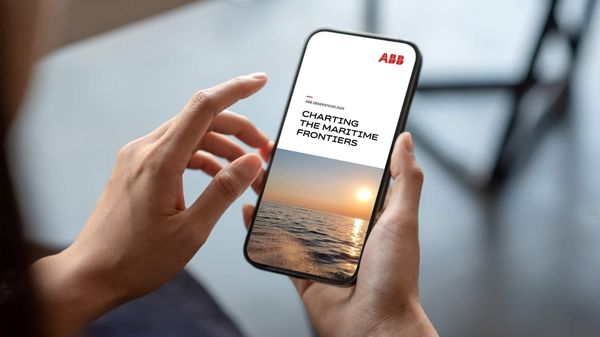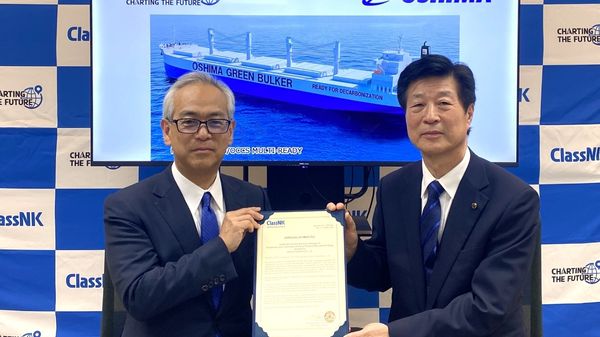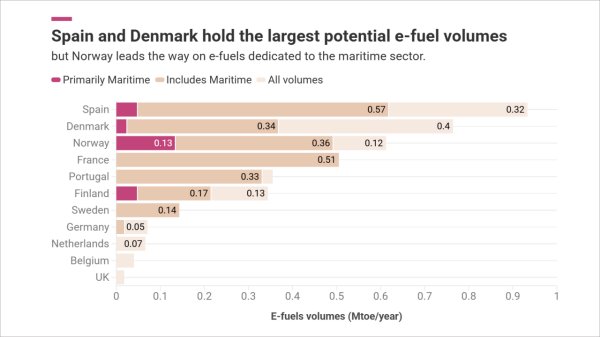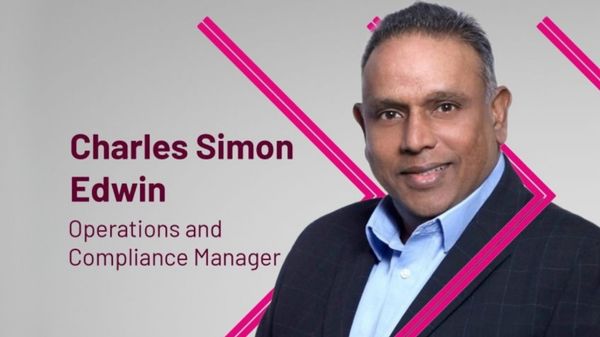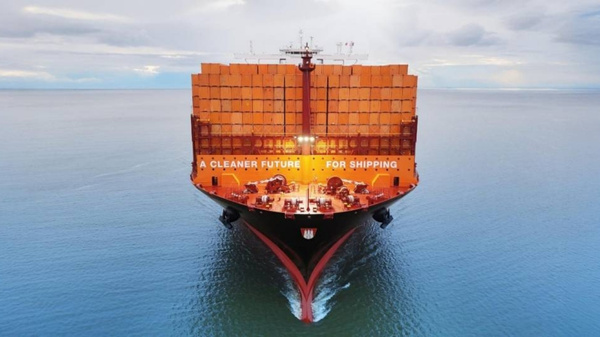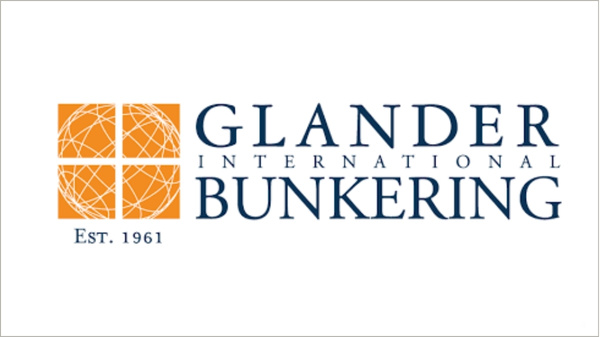Aegean Marine Petroleum Network Inc held a merger and acquisitions call on Wednesday to discuss this week's announcement of the company's $367 million takeover of
H.E.C. Europe Ltd (HEC), the parent company of Hellenic Environmental Center S.A.
During the call, HEC chief executive officer
Darren Laguea, Aegean's president
Jonathan McIlroy and Aegean's Senior Vice President, Investor Relations and Business Strategy,
Justin Yagerman, provided further details about the acquired company and the reasons for the deal.
An overview of HEC and the new tie-up has been provided below.
What does HEC do?
HEC was established in the year 2000 by Dimitris Melissanidis and the Agiostratitis family. It is an environmental company active in the treatment of maritime and offshore waste.
HEC uses chemical and mechanical technology to collect and treat liquid maritime waste and then resell any recovered oil or lubricants. The company currently operates in Greece, Germany and Gibraltar.
HEC's financials
In 2017, HEC achieved an earnings before interest, taxes, depreciation and amortization (EBITDA) of
$15.5 million with revenues of around
$43 million.
In 2018, the company expects to generate $60 million to $65 million in revenue and $35 million to $40 million in EBITDA, inclusive of the completion of three pending acquisition targets.
The revenue breakdown for 2017 consisted of 42% from MARPOL collection, 29% from sales of recovered oil, 17% from port fees, and 12% from industrial cleaning.
HEC operates in three strategic locations - Greece, Germany and Gibraltar - with Greece accounting for 66% of revenue, and Germany and Gibraltar contributing 25% and 9% respectively.
HEC's assets and infrastructure
HEC's two land-based treatment plants are in Greece and Germany. The plant in Greece has a storage capacity of approximately 45,000 cubic metres (cbm) with the ability to treat more than one million cubic meters of liquid waste annually.
The facility in Germany has a storage capacity of roughly 26,500 cbm with the ability to treat more than 120,000 cbm of liquid waste annually.
HEC also owns a floating separator, the 92,017-deadweight-tonne (dwt) Ecomaster, which is equipped with equipment to combat pollution.
HEC owns 12 sea collection and transport vessels. In Greece, it owns and operates seven specialized tankers with a 8,164 dwt capacity. In Gibraltar, HEC owns and operates three tankers with a 8,572 dwt capacity, whilst in Germany, the company owns and operates two tanker barges.
In Greece and Germany, HEC operates a fleet of special tank trucks with a capacity of between 15 and 26 cbm. The trucks are equipped with auxiliary equipment, including cranes, storage tanks and hydraulic pumps.
HEC also owns and operates a fleet of vacuum trucks for the collection of viscous substances.
Business model
HEC operates on a fixed fee basis: it collects mandatory port fees legislated by the authority.
HEC vessels or trucks are responsible for the collection of waste and then delivering it to either the floating or land-based treatment facility.
HEC is then responsible for performing treatment on oily waste. The treatment separates the oily waste into recovered oil and purified water. The recovered oil is then sold to clients in the open market, and the purified water is safely discharged.
Current partnerships
HEC has a concession agreement in place with the Piraeus Port Authority up until the year 2049 to cover all vessels entering the port. HEC has also established a partnership with the Gibraltar Port Authority and is currently one of three providers of port reception facilities in Hamburg.
New partnerships
HEC says it is currently negotiating partnerships with port authorities in
two new geographic locations, which will open up the opportunity for the firm to be present in over
nine port locations with over 23,000 vessel calls per annum.
Assuming the deals are successful, HEC expects operations to commence within 6 to 18 months of closing the Aegean-HEC transaction.
Environment and legislation
Due to increased regulations such as MARPOL 73/78, HEC points out that the environmental market has grown significantly. Ships are required to dispose of their waste in accordance to MARPOL convention. There are currently 150 states that have signed MARPOL, requiring 30,000-plus ports to provide reception facilities similar to HEC.
HEC notes that it has "capitalized on the regulatory tailwinds" with its presence in three of Europe's biggest ports.
Also, by joining forces with Aegean, which currently serves over 30 markets worldwide, the aim is to extend HEC's services into additional markets that are comprised of customers that the bunker supplier already serves.
Acquisitions
In addition to the two aforementioned geographic expansion projects, HEC says that there are currently
three acquisitions under negotiation, which it expects to close in 2018. They are said to represent $50 million and $6 million of annualized revenue and EBITDA, respectively.
Vessel conversion
McIlroy noted that Aegean has already identified which vessels will be used in support of HEC's operations, and that most of the vessels will require no modification. "So it's plug-and-play with regards to the tonnage that we have," he explained.
Synergies between HEC and Aegean
Laguea explained that the complementary synergies of growth between HEC and Aegean rest on four pillars: the ability to tap into Aegean's large and global customer base for HEC services; the ability to leverage Aegean's existing team and port relationships to expedite market expansion and expand into new geographies; the ability to leverage Aegean's existing asset base; and the ability to leverage Aegean's operational expertise for use in HEC's network.
McIlroy remarked: "We see our investment in HEC not just as a means to drive stronger growth and higher profitability at the company, but also as a chance to improve the environmental sustainability and social accountability of our organization. As the world and our business continues to get more environmentally conscious, we at Aegean want to take a leadership role as we look ahead to 2020 and beyond.
"The synergies between Aegean and HEC provide a very compelling strategic rationale. HEC's growth strategy is consistent with Aegean's model. HEC not only offers additional recurring revenue streams, but it also capitalizes on strong industry tailwinds all the while forming a strong combined platform to expedite growth for both segments. We believe this complementary structure will materialize into significant shareholder value."

